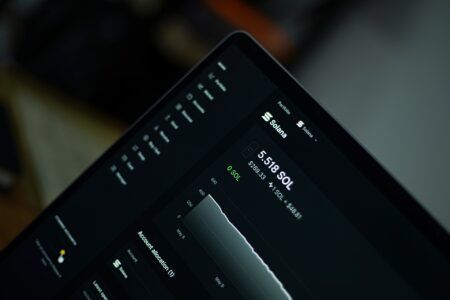On 4 November 2018, HSBC India announced that India-based Reliance Industries Limited (RIL) had executed a “live” blockchain-powered trade finance transaction with U.S.-based Tricon Energy.
The Letter of Credit (LoC) transaction facilitated by HSBC India and ING Bank Belgium involved an export by RIL to Tricon Energy, and was carried out on enterprise blockchain software firm R3’s open source blockchain platform Corda.
Corda was integrated with an Electronic Bills of Lading (eBL) solution provided by UK-based Bolero International in order to implement “the ability to create, send, amend and manage” a digital bill of lading , which results in “greater accuracy, integrity and speed.” Bolero’s eBL is a “combination of a legal framework and technology which replicates the core elements of a traditional paper bill of lading, namely its functions as a receipt, evidence of the contract of carriage and as a document of title.”
A letter of credit is “a payment mechanism used in international trade to provide an economic guarantee from a creditworthy bank to an exporter of goods,” and it’s “economic effect is to introduce a bank as underwriting the credit risk of the buyer paying the seller for goods.” Using Corda, a letter of credit was issued by ING for Tricon Energy (the buyer), and HSBC was the advising and negotiating bank for RIL (the seller). HSBC’s statement said that this blockchain-powered solution “is a significant improvement for any organisation involved in buying and selling goods internationally, as it truly brings together all parties onto one platform.”
Hitendra Dave, head global banking and markets at HSBC, said:
“The use of blockchain has a transformative impact on trade finance transactions and enables greater transparency and enhanced security in addition to making it simpler and faster. The overall efficiency it brings to trade finance ensures cost effectiveness, quicker turnaround and potentially unlocks liquidity for businesses.”
Srikanth Venkatachari, joint Chief Financial Officer at Reliance Industries stated:
“The use of blockchain offers significant potential to reduce the timelines involved in exchange of export documentation from the extant 7 to 10 days to less than a day… When adopted at scale, it helps in significant optimisation of working capital.”
On 31 October 2018, Reuters reported that a new blockchain-based trade finance platform, called “eTrade Connect”, developed by HSBC, Standard Chartered, and 10 other banks, was launched in Hong Kong last Wednesday “to boost efficiency in the multi-trillion-dollar funding of international trade.” According to HSBC, this platform can “reduce the time it takes to approve trade loan applications to four hours, compared with the usual one-and-a-half days.”
Featured Image Courtesy of HSBC








